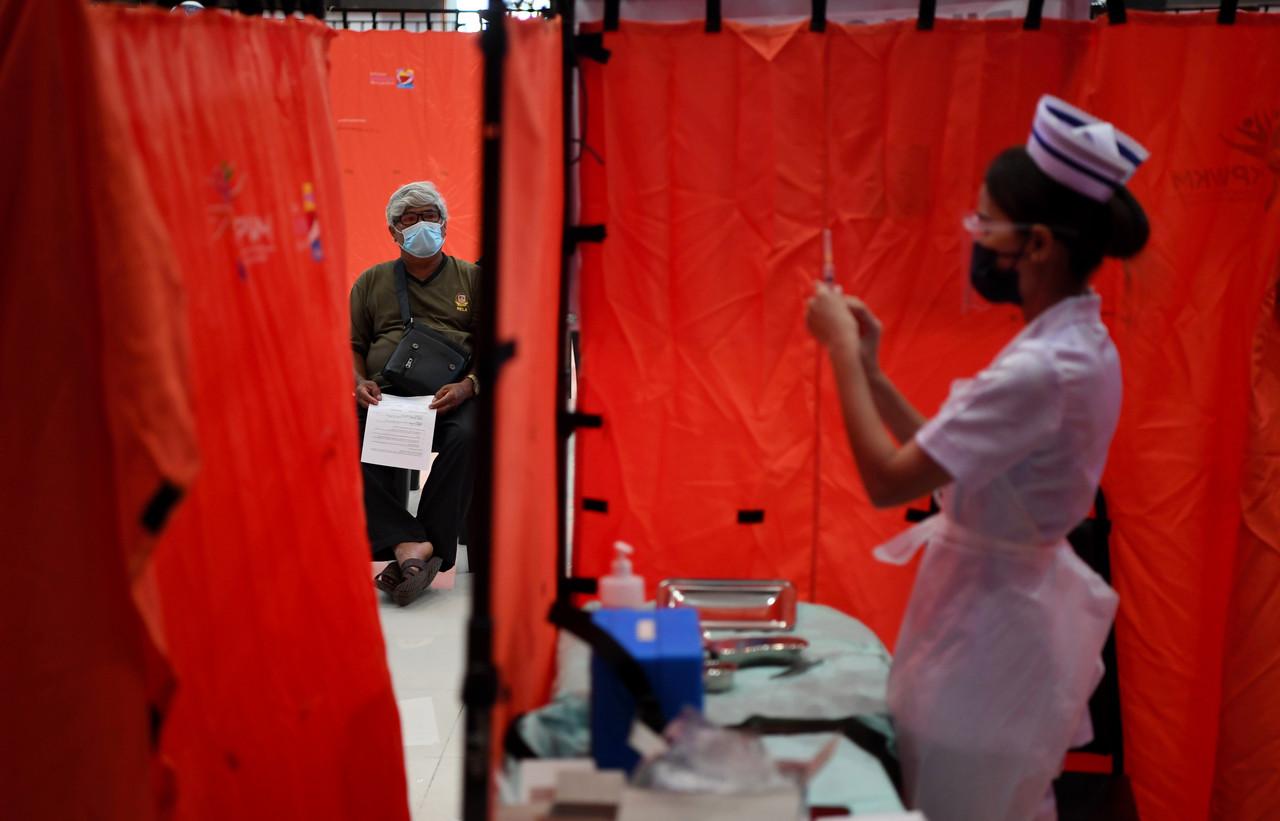5 states to transition to Phase 2 of National Recovery Plan
Perlis, Perak, Kelantan, Terengganu and Pahang will make the shift on July 5.
Just In
Five states have fulfilled the three key indicators needed to transition to the second phase of the National Recovery Plan, with Perlis, Perak, Kelantan, Terengganu and Pahang set to make the switch on July 5.
However, Senior Minister for Security Ismail Sabri Yaakob said inter-district and interstate travel would remain off limits except for teachers and students who are involved in exam classes.
“Interstate and inter-district travel for long-distance couples will be allowed in Phase Two but only in emergency cases and for basic essentials,” he said at a joint press conference with Finance Minister Tengku Zafrul Aziz.
The three indicators required for transition to Phase Two are a daily average caseload of below 4,000, moderate utilisation of ICU beds and at least 10% of the population being fully vaccinated.
Among the businesses allowed to open during the second phase are book shops and stationery stores, computer and telecommunication shops, electrical appliance stores, car washes and barbers.
“Farmers markets and morning markets will be allowed to open from 7am to 11am, with produce limited to six main commodities namely vegetables, fruits, groceries, processed poultry, seafood and meat.
“However, weekly markets and night markets are still not allowed to open,” Ismail said.
According to Tengku Zafrul, the threshold value for the first indicator – the average number of cases – will still follow the numbers set in the National Recovery Plan although it will take into account the number of residents in a particular state, divided by the total population of the country.
“On average, the Klang Valley accounts for 40% to 50% of daily cases whereas many other states have already recorded a drop in number,” he said. “Kelantan and Terengganu have shown a decrease of 80% since June 1.
“This is an improvement to the National Recovery Plan as it gives autonomy and incentive to each state.”
Ismail said the National Security Council (NSC) would monitor the three indicators at the state level each week. If states that have made the transition from the first phase see a decline in indicators, he said, the NSC will make an announcement about their status.
Subscribe to our newsletter
To be updated with all the latest news and analyses daily.
